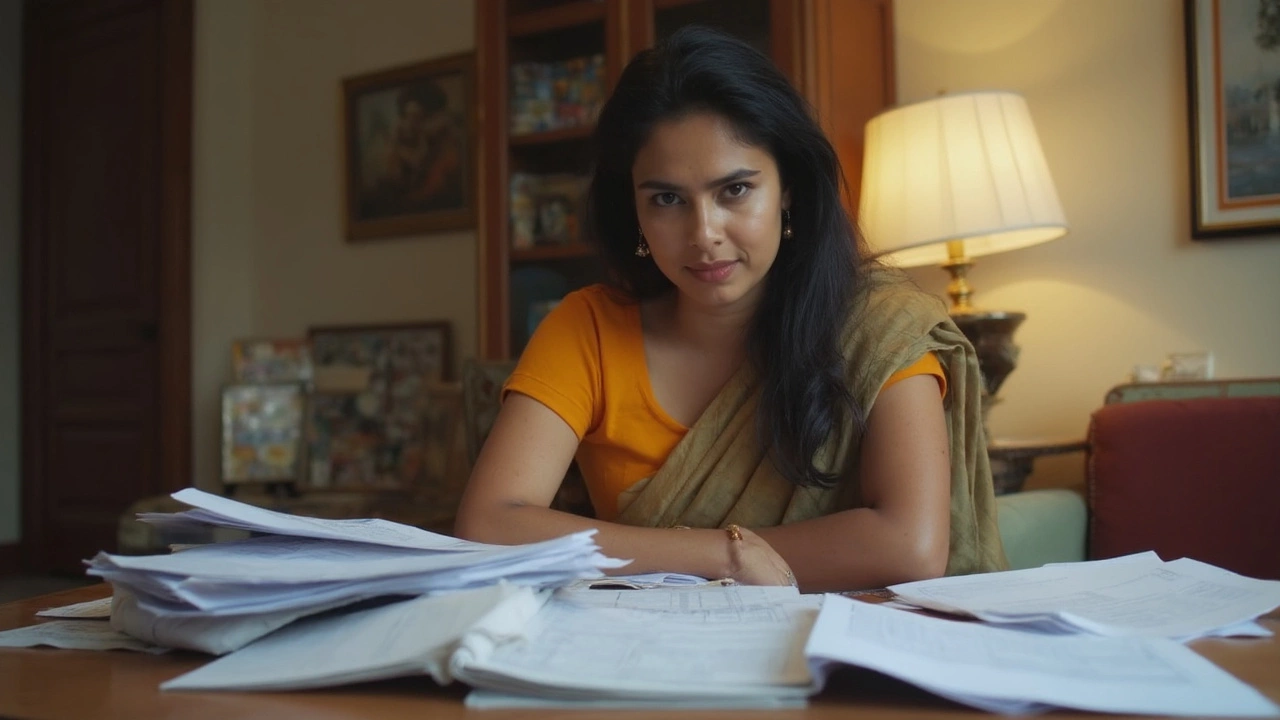Spouse Debt: Who’s Really Responsible for Your Partner’s Bills?
Ever gotten a call about a credit‑card charge you never made and wondered if it was your spouse’s fault? You’re not alone. When money mixes in a marriage, the line between "my debt" and "our debt" can get blurry fast. This guide breaks down when you might owe your partner’s bills and what you can do right now to keep your credit safe.
When Does Spouse Debt Become Your Debt?
In India, the default rule is that each person is liable for what they sign up for. If you took out a personal loan in your name, the bank can chase only you. However, if you and your spouse opened a joint account, applied for a joint credit card, or you co‑signed a loan, the debt is shared. Courts look at the actual agreement, not just the fact that you’re married.
Family law also matters. Under the Hindu Marriage Act, property and debts acquired before marriage stay separate unless you explicitly agree otherwise. Post‑marriage debts can be treated as joint if both partners benefit – think a home loan for a house you live in together. If the loan was taken only for one person’s business, you might still escape liability, but the lender can argue the loan improves the household’s standard of living and pull you in.
Divorce adds another layer. When a marriage ends, the court splits assets and liabilities based on who caused the debt, who benefited, and each party’s ability to pay. If you didn’t sign the loan, you could be off the hook, but the court may still assign responsibility to balance the settlement. That’s why getting a clear paper trail of who signed what is crucial.
How to Shield Your Credit from Spouse Obligations
First, check your credit report regularly. A surprise entry can signal a joint debt you didn’t know about. If you find something, contact the lender immediately and ask for documentation. Knowing the exact terms helps you decide if you’re truly liable.
Second, keep finances separate wherever possible. Open an individual savings account, and avoid co‑signing unless you’re ready to share responsibility. If you already have joint accounts, consider closing them or converting them to individual accounts after a clear agreement.
Third, draft a simple written agreement if you do share a loan. Note who will make payments, what happens if one person defaults, and how the debt will be settled if you separate. A signed note may not replace a contract, but it gives the court something concrete to work with.
Fourth, if you suspect your spouse is racking up debt without your knowledge, you can file a police complaint for fraud or approach a family lawyer for a protective order. Getting a court order to freeze joint accounts can prevent further damage while you sort things out.
Finally, stay proactive during divorce negotiations. Ask your lawyer to request a detailed statement of all debts, and push for a clear division in the settlement agreement. Knowing exactly what you owe – and what you don’t – saves you from surprise collections later.
Quick checklist: check your credit report, keep accounts separate, get written agreements for shared debts, monitor joint activity, and involve a lawyer early if things go sour. With these steps, you’ll know when spouse debt is yours and how to guard your financial future.

Will I Need to Pay My Husband's Debt If He Passes Away in Virginia?
Worried about your husband's debts in Virginia if the worst happens? This article lays out exactly how debt is handled after a spouse dies, who might be on the hook for payments, and what the law really says. You'll learn the difference between personal and joint debts, how the probate process works, and common missteps spouses make. Useful tips and real-life examples keep things clear and practical for anyone facing this stressful situation.